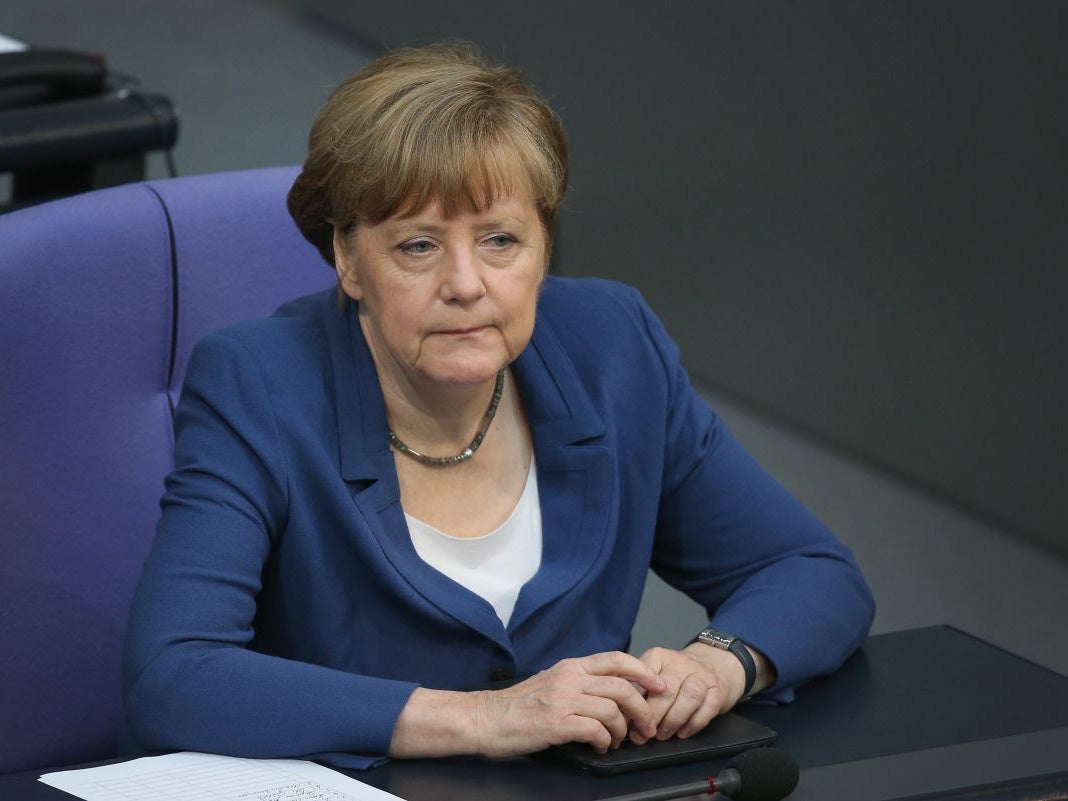Greek debt crisis: Yanis Varoufakis resigns after being forced out by EU chiefs
He said that he would wear the creditors 'loathing with pride'

Your support helps us to tell the story
From reproductive rights to climate change to Big Tech, The Independent is on the ground when the story is developing. Whether it's investigating the financials of Elon Musk's pro-Trump PAC or producing our latest documentary, 'The A Word', which shines a light on the American women fighting for reproductive rights, we know how important it is to parse out the facts from the messaging.
At such a critical moment in US history, we need reporters on the ground. Your donation allows us to keep sending journalists to speak to both sides of the story.
The Independent is trusted by Americans across the entire political spectrum. And unlike many other quality news outlets, we choose not to lock Americans out of our reporting and analysis with paywalls. We believe quality journalism should be available to everyone, paid for by those who can afford it.
Your support makes all the difference.Yanis Varoufakis has announced he is standing down despite Greece's No vote in the referendum on proposed austerity measures.
In a blog post entitled “Minister No More”, published on Monday morning, the Greek finance minister said he was standing down because of pressure from Greece’s European partners.
He added that he would wear the creditors' “loathing with pride”.
Varoufakis previously threatened to resign if voters opted to except the bailout conditions saying he would rather "cut off his own arm" than sign a new deal if it did not include plans to restructure the country's debt in an interview with Bloomberg.
The former academic, who once studied alongside House of Commons Speaker John Bercow at the University of Essex, said in a blog post weeks before Syriza stormed to victory in January that his greatest fear was that he "may turn into a politician".
He said: "As an antidote to that virus I intend to write my resignation letter and keep it in my inside pocket, ready to submit it the moment I sense signs of losing the commitment to speak truth to power."
Last week he said the troika's, the International Monetary Fund, the European Commission and the European Central Bank, bailout plans were "clearly univable" after talks broke down.
He told Irish radio station RTE that the government had "bent over backwards to accommodate some rather strange demands by the institutions” and that it was their turn to compromise.

In a leaked letter seen by the Financial Times on Wednesday, Greek Prime Minister Alexis Tspiras said that the country will accept all the bailout conditions with only a few minor changes.
Last night, the final tally in the referendum was 61.3 per cent No and 38.7 per cent Yes.
EU leaders, including Angela Merkel and François Hollande, will meet on Monday to decide what to do. They face accepting Greece's demands for a bailout with fewer conditions or cutting it off.
The country's banks had a lending reserve of no more than €500m (£356m) on Sunday and are expected to run out of euros by mid-week despite capital controls without emergency funding from the ECB.
Join our commenting forum
Join thought-provoking conversations, follow other Independent readers and see their replies
Comments